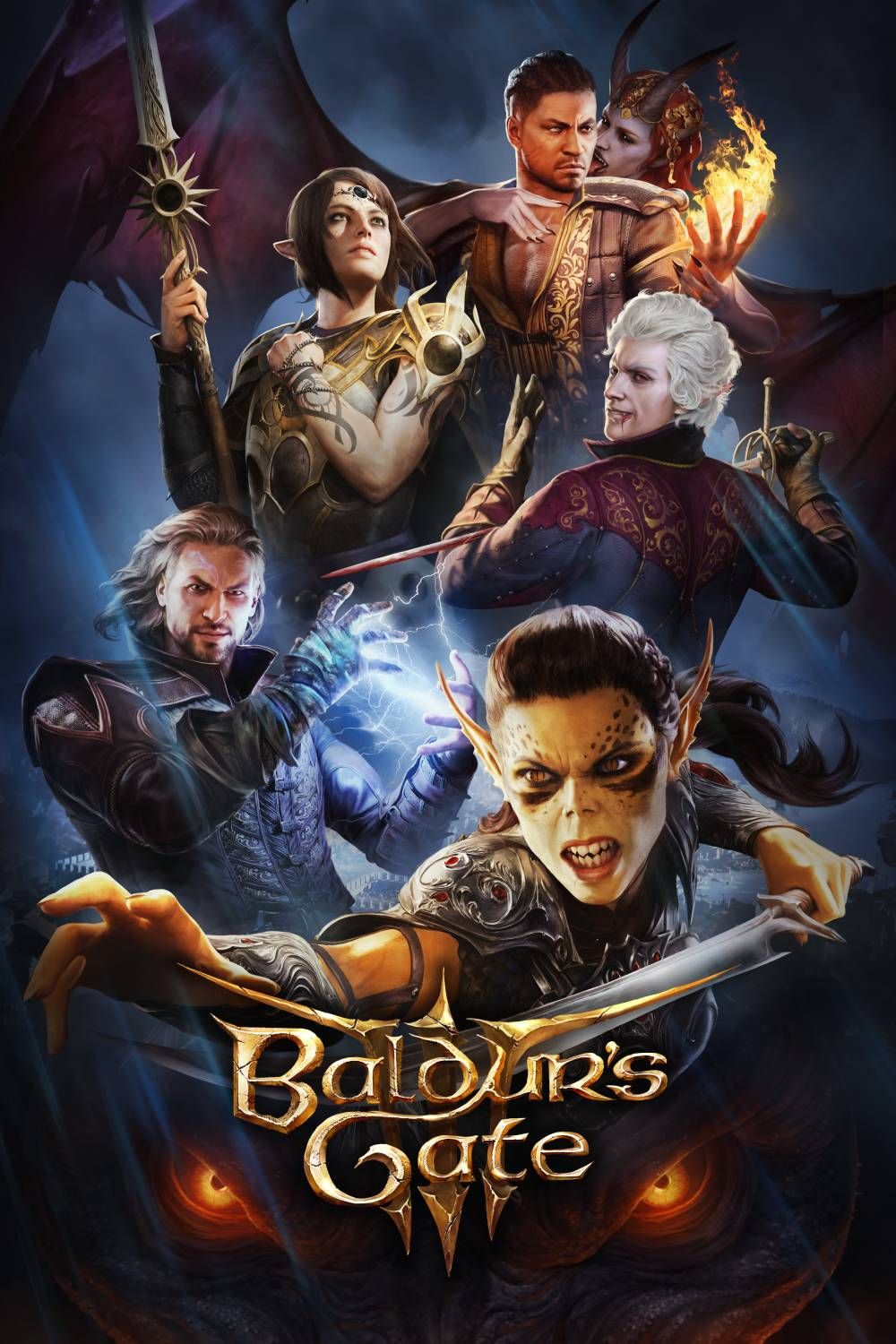Highlights
- Early Access allows players to shape games, like Baldur's Gate 3, before their full release, leading to improvements and community involvement.
- Mainstream acceptance of Early Access can prevent incomplete releases, like Redfall, from receiving harsh criticism and shutting down studios prematurely.
- Big studios should consider Early Access as a way to test and improve their games with player input, benefiting both developers and gamers.
When last year’s near unanimous Game of the Year Baldur’s Gate 3 was first released in early access, hype hadn’t quite built up to the point where everybody was rushing to play it – that only happened after five star reviews started to stream in, though a sizeable community of fans had already built up around it. I played it on release, but only because I had friends who had been playing in early access urging me not to let it pass by, swearing that it was an excellent game that had been severely overlooked by the majority of press and players.
It turns out they were right, and as somebody who never starts playing games in early access, I started to wonder what other gems I was currently overlooking. I have colleagues like Eric Switzer who regularly play games in early access, assessing their potential and watching them develop over months or years. I, however, am more like my fellow features editor Andrew King, who prefers to wait till a developer considers their game complete before jumping into it.
Early Access Gives Us A Chance To Shape Our Favourite Games
But Baldur’s Gate 3 has changed me. I’ve seen hardcore, longtime fans of the game talking about how the game has changed over its years of evolution in the public eye, discussing what they wished the game had kept and what had been rightfully tossed out. I’ve also seen a distinct uptick in mainstream coverage of highly anticipated games released in early access, like Manor Lords and Hades 2, both of which I have purchased and plan to dive into myself. I’ve never been one to feel the need to contribute to a game’s development, but learning so much about how player input shaped and continues to shape Baldur’s Gate 3’s final form has made me want to jump into the ring too.
Like Andrew, I think that most games could benefit from an official early access period where large numbers of players give feedback on what’s working, what isn’t, and what they want to see in the future. While I believe that too many cooks can spoil the broth, game development has always been a heavily collaborative process, and in an industry where development is often opaque and mysterious, it’s refreshing to see developers working in the open and consulting with their target audiences, and for their projects to be recognised for their potential so early in development. It’s very cool that more people, myself included, are recognising that there is a way to have a hand in shaping the games they want to play to be better.

Baldur's Gate 3's Success Started When It Moved Its Launch To Avoid Starfield
The swagger and lack of corporate lingo to Larian's launch date first signalled how great the game would become.
Better Officially Incomplete Than Unofficially
So many games nowadays release feeling sorely incomplete. Over time, they become excellent and beloved in their own right, so the mainstream normalisation of early access can only be a good thing. In the wake of Microsoft’s decision to shut down several studios including Arkane Austin, I can’t help but wonder what could have been if Redfall had been released in early access instead of as a full, finished game.
I remember reading reviews of Redfall, including Eric’s, when it came out and thinking that the consensus seemed to be that the game felt incomplete. The mechanics were shallow, the exploration wasn’t compelling, and the combat was lacking. Bugs aside, these are not the kind of things you can easily fix through patches, they are fundamental gameplay flaws. But at the same time, critics praised aspects of it like the gunplay and the strong environmental storytelling, the latter of which being what Arkane is best known for.
With enough player input and resources, would an early access period have helped guide Arkane in the right direction? There was clearly something here, strengths that could have been built on to turn a thoroughly mediocre game into at least a good one, but the studio was never given the chance. With time, these flaws could have been improved on, but releasing as a complete game in a broken state and with so many huge flaws meant Redfall was critically panned from the get go and likely written off by Xbox executives.
A major update to the game was apparently meant to drop in May, until the studio was unceremoniously closed and all future updates cancelled.
There is no going back in time and changing things, and Arkane no longer exists thanks to Microsoft’s brutal decision to close the studio entirely after Redfall flopped. We will never get to see what could have been, what it could have fixed over the years, and whether it could have earned itself a Cyberpunk 2077-level redemption arc. Very few games are perfect out of the gate, and I can’t help but imagine what could have been if more big studios viewed early access as a viable way to test games. With so many early access games in the public eye right now, maybe they’ll start.

Baldur's Gate 3
Baldur's Gate 3 is the long-awaited next chapter in the Dungeons & Dragons-based series of RPGs. Developed by Divinity creator Larian Studios, it puts you in the middle of a mind flayer invasion of Faerûn, over a century after the events of its predecessor.


